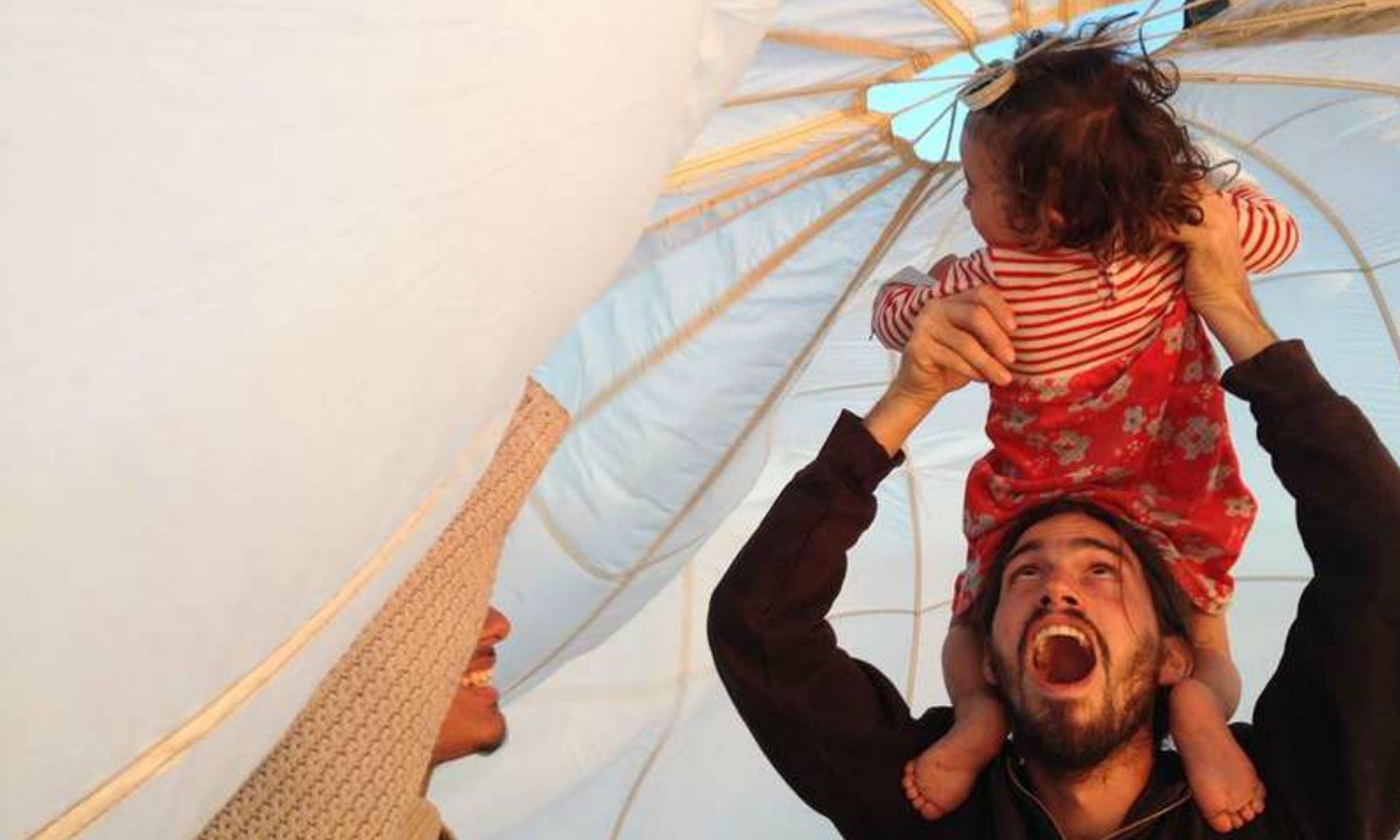Family travel tips: on the go with kids in tow
The prospect of international travel with kids may seem a bit daunting — especially when they’re still very young — but let us reassure you that you don’t have to give up your nomadic lifestyle as a parent. Travelling with kids in tow just means that you’ve got to plan your trips a little differently! This week, nomad slash mother-of-three Jane is here to give parents (and parents-to-be) some useful advice on the matter. Over to Jane:
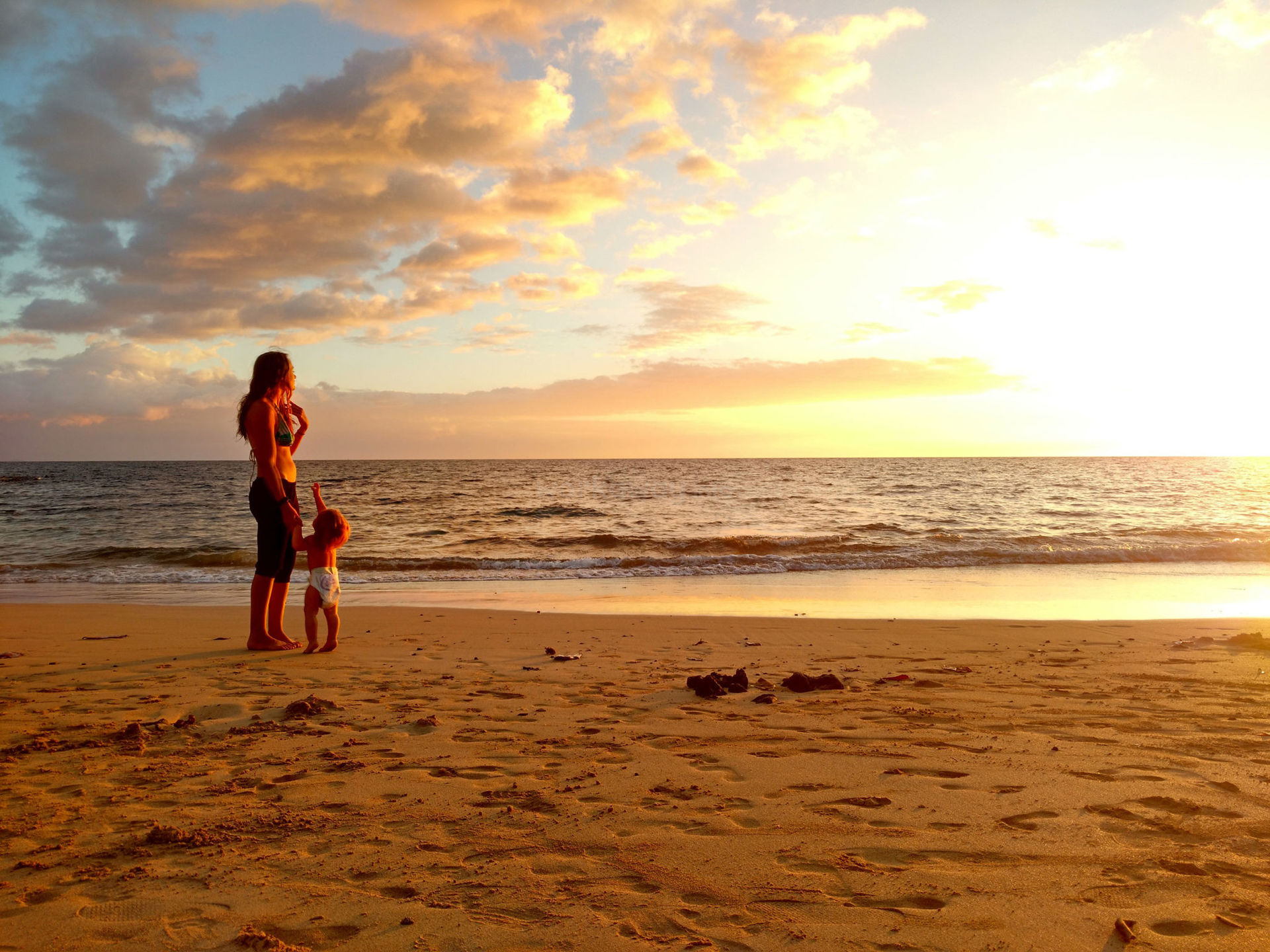
“The thing about grown-ups is that they are always trying to run away from routine, but we kids actually like it”, my son said at eight years old.
I suppose it’s true. Many adults can’t wait to wave goodbye to the monotony of everyday life and break free, and they presume that their kids will feel the exact same way. But often, this is not the case: many kids look for a structure to their day, a base camp, and friends to hang out with. So what can we do to help make sure their travel experience is as satisfying as ours?
I’m a mother of three: one of my children is now an adult, the other is a teen and the third one is just six years old. Over the years, I’ve done my fair share of travelling with kids in tow, so I’m happy to share some tips and tricks that will make all the difference on your next trip as a family.
Comfort for your creatures


Babies are generally ‘at home’ wherever their parents are, and so your comfort whilst carrying and feeding them is essential. Baby carrier wraps are designed for both your and your baby’s convenience, and can be used from birth to 18 months. When your baby is swaddled tightly and hears the soothing sound of a parent’s slow, steady heartbeat, they will feel secure and protected. The wrap is also great for discreetly breast-feeding in public, and it allows you to have your hands free to carry a bag or hold another little hand. Perfect!
If you have kids aged three or under and you’re planning on doing a lot of walking, a baby carrier backpack sure comes in handy. A strap-on hipseat (with a travel pouch to store daily essentials) is a very convenient way to carry your child when they are bored or need a little break from walking.
Toddlers and infants may feel a bit disorientated at times, so a familiar blanket that smells of home, a pillow case (which you can stuff) or a small cuddly toy are great to help settling them down.

Food on the go:
A hungry kid is not a happy camper. Pack a selection of easy-to-carry snacks with you and keep a lookout for replacements as the supplies run out. Sometimes finding meals on the road takes longer than expected, so it’s handy to carry some stopgap alternatives. Each family member should have their own water bottle, that way you can gauge if your kid is drinking enough. When hygienic conditions are questionable, opt for freshly cooked hot food, wash your fruit before you eat them, buy drinks in sealed bottles and avoid ice cubes.
Make sure you are covered

When you’re travelling with babies and infants, do carry a change of clothes in your day-pack. Choose garments that are light and easy to wash and dry. Loose-fitting clothes that can double as pyjamas — cotton leggings, jogging pants, t-shirts and sweatshirts — are a good choice. Make sure to pack lightweight clothes that you can layer to suit the weather and changing temperatures. Consider buying a sarong, as it make for a great multifunctional accessory: it can be used as a mat, sheet, sunshade, towel, and a makeshift change of clothes. Last but not least, don’t forget to bring a bag for dirty laundry!
Pace and Space: finding the flow
Travelling with kids is totally different from travelling without them. For starters, they just don’t have the same notion of times and deadlines as we do, and why should they? I used to like the adrenaline rush of arriving at the train just in time to hop on before it whisked me off. Now that I’m travelling with kids in tow, I have to slow down, be more methodical and less frantic, whether I like it or not.
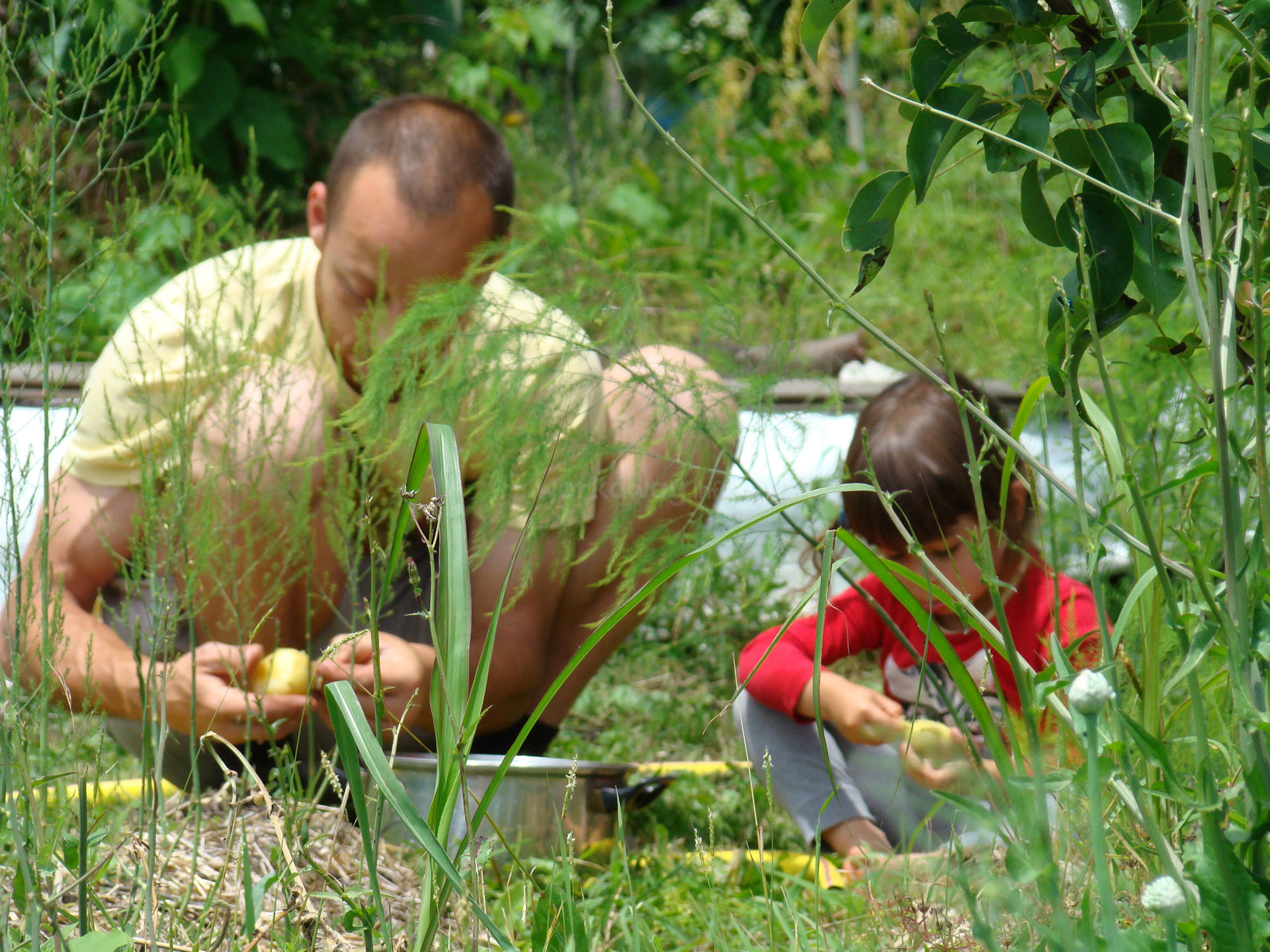
Experiment:
Investigate the different available options for getting from one place to another. Kids enjoy the novelty of travelling in ways that they are not used to, whether that be by tram, double-decker bus, tandem bike or rickshaw.
Encourage them to try new things, such as eating different foods. And doing something that neither of you have ever done before is a great way of bonding with your child!
Visualization Techniques:
If your kids are over four years old, you can tell them about the day ahead, and get them engaged in and animated about the plans. Talk about what you might see and do, discuss any aspects that could be challenging, and visualize with them how you all are going to feel when these things happen. As kids get older, they like to be prepared for what the day might bring, as the unexpected can make them anxious or even frustrated. In fact, teenagers are particularly sensitive to this!
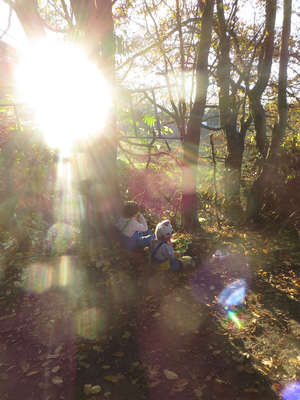
Patience is key:
Try not to be too ambitious with your time. Little ones pick up on when we are stressed, which in turn makes them edgy, just when you most need them to be calm.
Paradoxically, even though kids don’t have the same relation to time as adults, they like routine as it helps them negotiate their way through the day. So, as parents, we should aim to find the happy balance of spontaneity and structure!
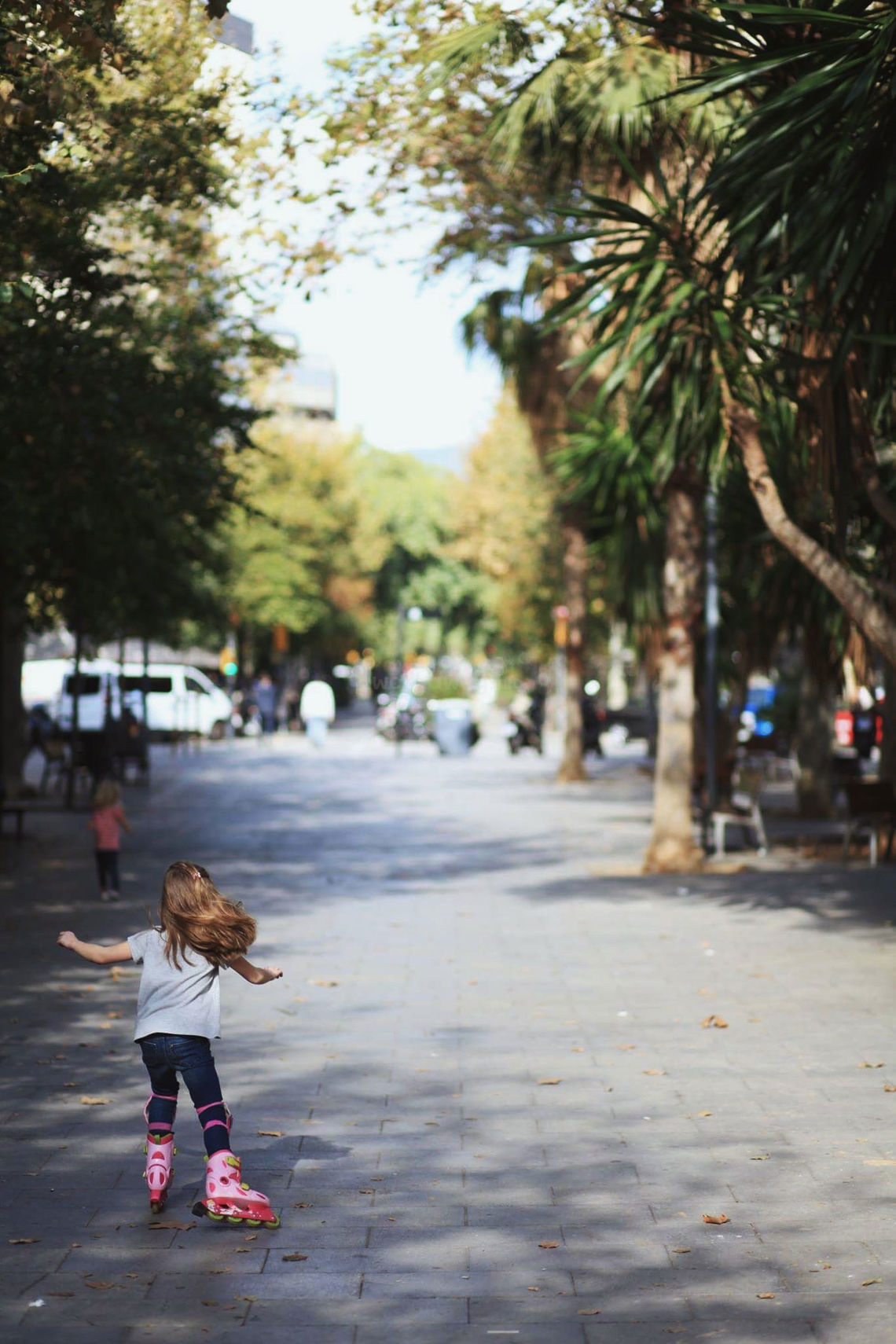
Follow their lead:
When you’re on-the-go with a baby and/or a toddler, it’s best to be flexible and open-minded regarding your plans.
I remember taking my then two-year-old daughter to the zoo, thinking she would be impressed by the sheer size of the giraffes or the cheekiness of the monkeys. It turned out to be she was more excited about chasing the pigeons around outside the zoo cafeteria!
Kids truly do teach us about life’s simple pleasures. In fact, you could even say that a child can teach you how to be a traveller instead of a tourist. Travelling with children and having to move at their pace is an opportunity to learn to ‘stop and smell the roses’: they make us see things we normally wouldn’t have noticed. I have found that being a parent makes you appear more trustworthy and approachable, so our kids might even help us to make local friends along the way!
To the rescue
It’s impossible to be prepared for all eventualities, but at least you can be for some. Those incidents that take you by surprise are the ones that memorable anecdotes are made from! Little upsets often create opportunities to finding out a little more about the places that you are visiting, whether it be discovering a local remedy or getting a helping hand from kind strangers. When my daughter was four years old, she got travel sick on an early morning coach trip. The nearby passengers leaped to her assistance with kind words, plastic bags and wipes! “Even people who don’t know us are our friends!”, she told me later.
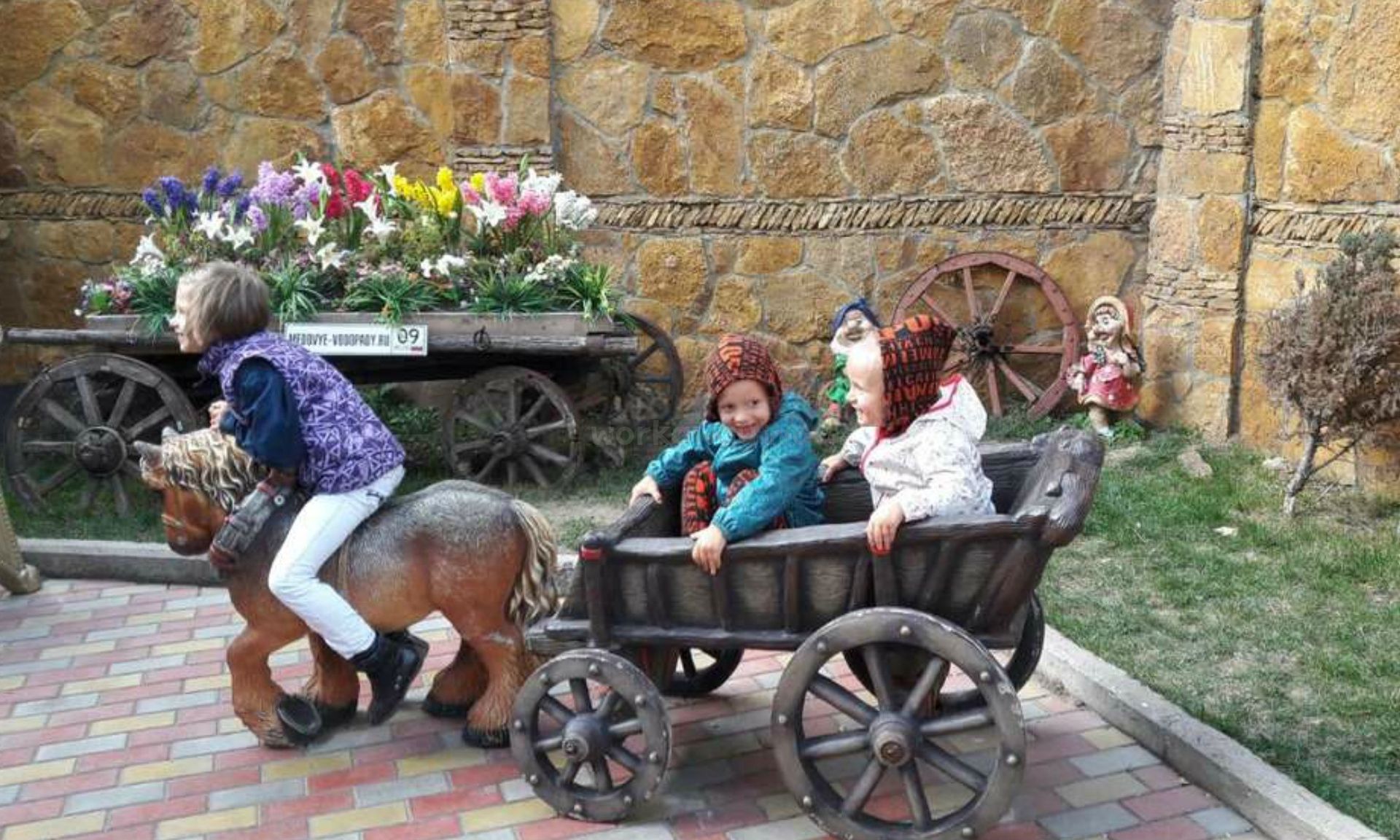
First aid:
If your child is prone to certain ailments — think: earache, diarrhoea or travel sickness — make sure that you have your favourite remedies to hand. Antiseptic wipes come in handy for treating little cuts and grazes when you don’t have access to running water. Pack sweets to help with changes in air pressure on flights or high altitudes. When there are no bathroom facilities, Xylitol chewing gum can be used to keep teeth clean.
Staying safe and sound:
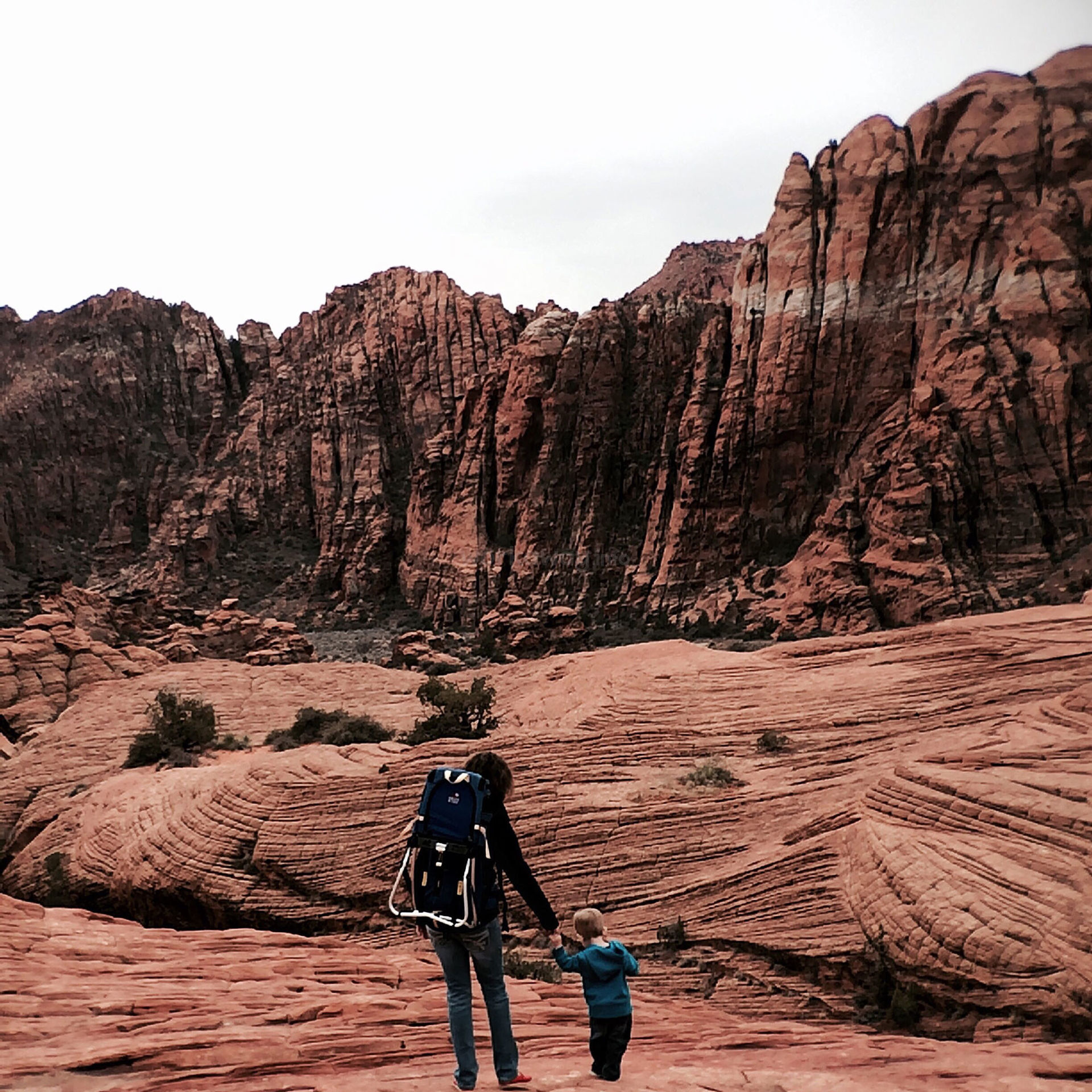
Have a plan ready in case you lose your child in a public place. Some parents write their mobile number on their kids’ arms or make their own custom wristband with medical details and their contact information. A cheaper option is buying brightly coloured silicone wristbands in bulk and write on them with permanent markers. When your children are a bit older you can talk through, or even act out, the scenario of what to do if they get lost — to stay in one place and listen out for you calling them, for example. With older kids you could decide upon specific meet-up points to wait at in case of separation. There are also child finders on the market that have features such as a built-in alarm, GPS tracker, ‘out-of-range’ alert, water safety alert and a ‘panic’ alert.
Are we there yet?
It can be challenging to keep children entertained on long car journeys or flights! Toddlers and infants will enjoy hearing their favourite songs, and topical audiobooks are fun for the whole family.
Make sure to have pocket-sized distractions to hand. Re-usable stickers on scene cards and ‘Color Wonder’ markers that only paint on specific paper (and not on clothes, furniture or skin!) are great for kids to play with on transit.

Encourage kids to engage with everything new or interesting that they see along the way. Play observation gamessuch aseye spy, finding letters on signs and working your way through the alphabet, or spotting certain landmarks/animals/buildings en route. And even toddlers can take a camerato record what appeals to them — you might be surprised!
There will be times when your plans fall through and you’ll have to pull through! Remember that being creative and quick thinking on the spot allows you to turn a potential ‘disappointment’ into something even better. Yes, there will be times when your kids are bored, frustrated or homesick, but it’s an opportunity to learn from each other and grow — both as individuals and as a family. So just seize the day, and go on your way!

Thanks very much to Jane for the useful travel tips for our nomadic mums and dads! Still worried about travelling with kids? Take a look at these top tips from our other recent blog post! Do you have any additional hacks to share? Please leave them in the comments below! <3
About Jane
Jane is another regular blogger who has been involved with Workaway since its birth back at the start of the century!! She has travelled extensively and has both volunteered and hosted travellers over
